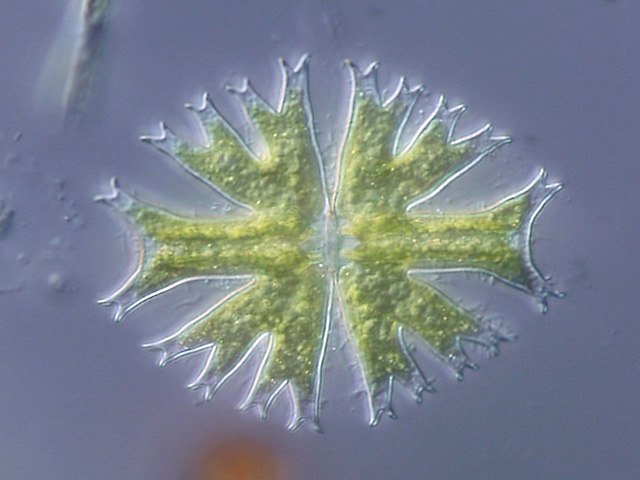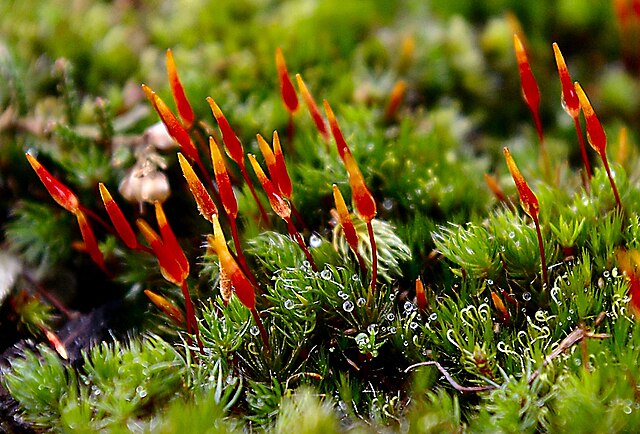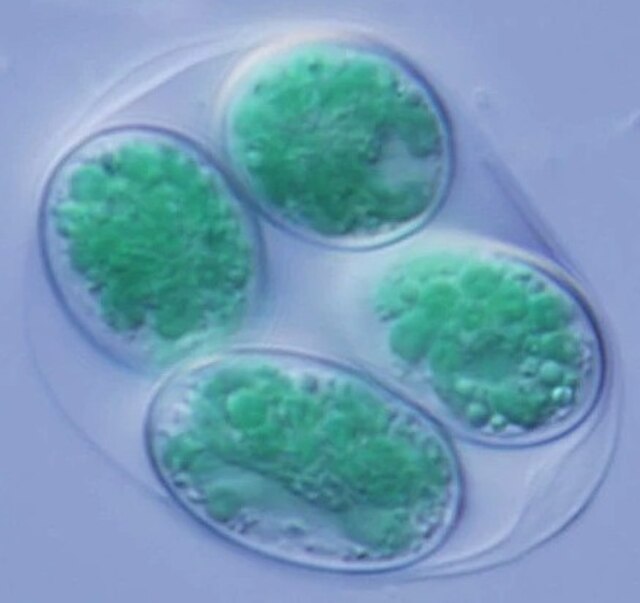Dioecy is a characteristic of certain species that have distinct unisexual individuals, each producing either male or female gametes, either directly or indirectly. Dioecious reproduction is biparental reproduction. Dioecy has costs, since only the female part of the population directly produces offspring. It is one method for excluding self-fertilization and promoting allogamy (outcrossing), and thus tends to reduce the expression of recessive deleterious mutations present in a population. Plants have several other methods of preventing self-fertilization including, for example, dichogamy, herkogamy, and self-incompatibility.
Physalia physalis, Portuguese man o' war, is a dioecious colonial marine animal; the reproductive medusae within the colony are all of the same sex.
In dioecious holly, some plants only have 'male' flowers with functional stamens that produce pollen.
Other holly plants only have 'female' flowers that produce ovules.
Each monoecious tulip flower has both pollen-producing stamens and carpels containing ovules.
Plants are the eukaryotes that form the kingdom Plantae; they are predominantly photosynthetic. This means that they obtain their energy from sunlight, using chloroplasts derived from endosymbiosis with cyanobacteria to produce sugars from carbon dioxide and water, using the green pigment chlorophyll. Exceptions are parasitic plants that have lost the genes for chlorophyll and photosynthesis, and obtain their energy from other plants or fungi.
Image: Frühling blühender Kirschenbaum
Image: Micrasterias radiata
Image: Red Moss
Image: Glaucocystis nostochinearum








